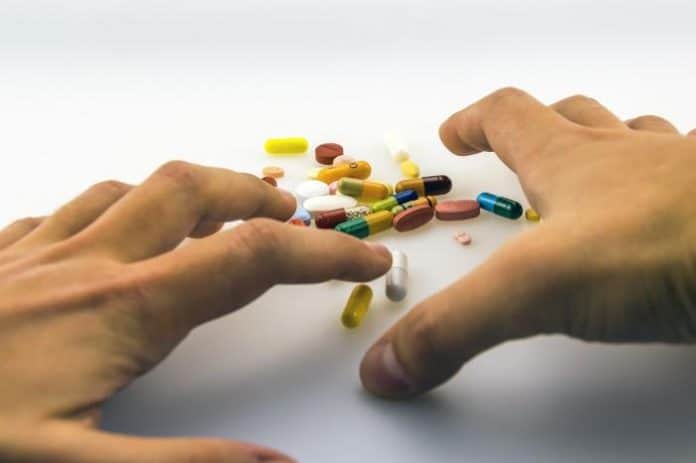Yet another study has confirmed the dampening effect cannabis has had on opioid prescription medication use – but not all types it seems.
University of California at San Diego researchers set out to determine if legalisation of medicinal cannabis in various U.S. states had reduced the nation’s appetite for opioids.
Delving into records from 1993‐2014 Medicaid State Drug Utilization Data, they found medical cannabis legalization was associated with a 29.6% reduction in number of prescriptions of Schedule III opioid prescriptions. Schedule III narcotics include products containing not more than 90 milligrams of codeine. It was also determined there was a 29.9% reduction in dosage of these drugs and a 28.8% reduction in related Medicaid spending.
However, the researchers found no link between medical cannabis legalization and a reduction in Schedule II opioid prescriptions. Schedule II drugs include oxycodone, fentanyl and methadone.
Regardless, they estimated if all the states had legalized medical cannabis by 2014, Medicaid annual spending on opioid prescriptions would be reduced by 17.8 million dollars.
An abstract of the US study can be viewed here.
A study we mentioned last year estimated that if all US states had a medical marijuana law in 2014, total savings for fee-for-service Medicaid could have been a whopping USD $1.01 billion.
The findings in the latest study regarding Schedule II prescriptions is curious – as these are a group of drugs particularly prevalent in fueling the USA’s opioid crisis. Nearly half of opioid-related overdose deaths involve fentanyl ( primarily illegal fentanyl) according to the National Institute on Drug Abuse. Prescription opioids accounted for more than 17,000 overdose deaths in the USA in 2016.
There certainly seems to be potential for medical cannabis to help address Schedule II opioid use. For example, in August 2017, we reported on findings that indicated cannabidiol could be a powerful tool in combating abuse and addiction. Cannabidiol has the added advantages of not producing a “high” and can be extracted from industrial hemp.
You’ll find plenty of other reports on HempGazette concerning the potential for medicinal cannabis to aid in dealing with opioid issues by clicking here.


